The body positivity movement started with good intentions—accepting yourself as you are, pushing back against toxic beauty standards.

However, somewhere along the way, it got louder, shinier, and sometimes, weirdly guilt-inducing. If it’s left you feeling confused, overwhelmed, or even worse about yourself, you’re definitely not the only one. Here’s how something meant to be a force of good has actually done a lot of harm for some people.
1. It sometimes swaps one standard for another.

The message might be different, but the pressure is still there. You’re no longer told to shrink yourself, but now you’re expected to love every inch of yourself loudly and publicly, and that can feel just as heavy. If you don’t wake up every day brimming with self-love, it can start to feel like you’re failing at something else. The goal was freedom from standards, not a shiny new set of rules with prettier packaging.
2. It can make you feel like your insecurities aren’t valid anymore.

If you admit you’re struggling with your body, people might say “Just love yourself!” or “Everyone’s beautiful!”—which, while meant to be kind, often skips over the very real feelings you’re having. Instead of helping, it can make you feel like there’s no space to be honest about your discomfort. You’re allowed to feel conflicted about your body, even if the internet’s trying to convince you that you shouldn’t.
3. It often still centres appearance above everything else.

The messaging has changed, but the focus is still on how you look. Whether it’s “celebrating curves” or showcasing natural skin texture, the conversation still circles around your physical body. That constant focus can keep you hyper-aware of your appearance, even if it’s dressed up in positivity. Sometimes you just want to exist without making your body the main storyline of your day.
4. It leans heavily on confidence as a performance.

Confidence isn’t a bad thing, but the way it’s portrayed can feel a bit… staged. Everyone’s supposed to be flaunting themselves, posing in swimwear, and writing captions about self-love breakthroughs. It creates this weird pressure to prove you’ve made peace with your body, even if you haven’t. If you’re not ready for that level of public celebration, it can make you feel even more out of place.
5. It often ignores the messy in-between feelings.

Body image isn’t black and white—you can feel fine one day and rubbish the next. However, the online world of body positivity can make it seem like once you “accept yourself,” you’re supposed to feel amazing 24/7. In reality, most people are navigating a much messier middle ground. The constant emphasis on being fully empowered can make you feel broken if you’re still figuring things out.
6. It can feel commercial and insincere.
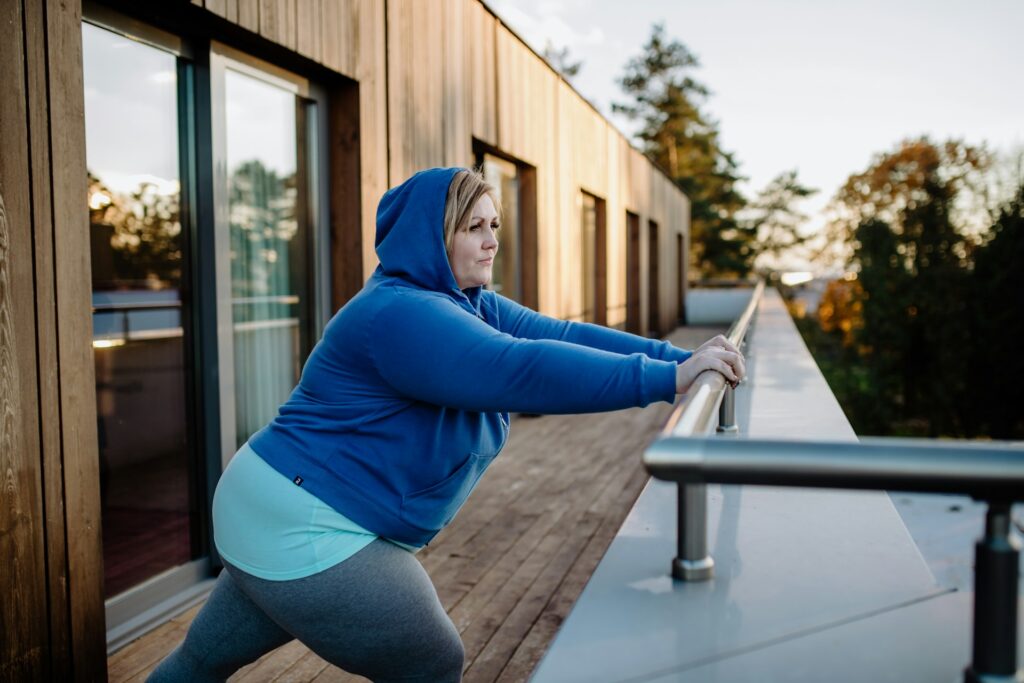
Brands have jumped on the bandwagon fast, and suddenly, everyone’s selling body positivity alongside skincare and protein bars. It’s hard to trust a message that’s wrapped in a marketing campaign. That doesn’t mean all of it’s fake, but when the same voices that once sold “thin teas” are now shouting about loving your rolls, it’s no wonder people feel wary or disconnected from it.
7. It often assumes everyone’s experience is the same.

The body positivity space tends to highlight certain types of bodies—usually curvy but still conventionally attractive, white, and able-bodied. That leaves a lot of people feeling like they still don’t belong. If your body doesn’t fit into that narrow version of “real,” it can be just as isolating. It’s supposed to be inclusive, but it still leaves plenty of people on the outside looking in.
8. It doesn’t always address the deeper stuff.

Sometimes it feels like a surface-level fix for something that runs deeper. Posting affirmations and celebrating cellulite might help for a moment, but it doesn’t always get to the root of why you struggle with your body in the first place. Without space to explore the emotional or cultural layers behind body image issues, it can feel like putting a plaster on a wound that needs more care than that.
9. It can make neutrality feel like a failure.
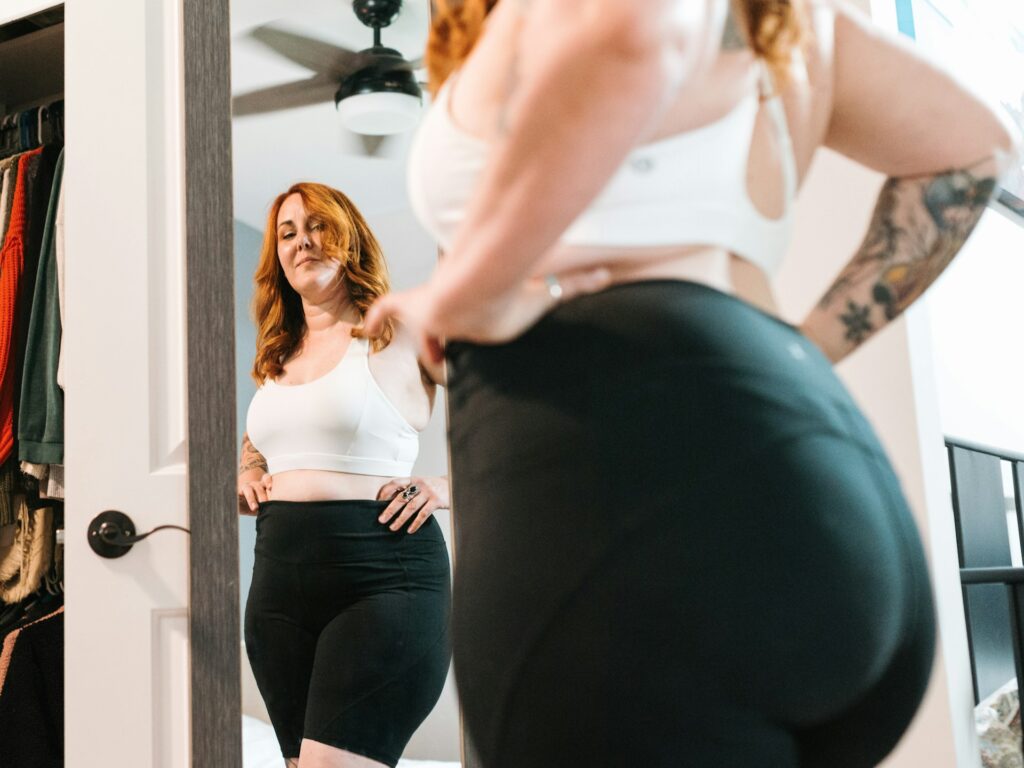
There’s a lot of pressure to be proud of your body, but what if you don’t want to celebrate it? What if you just want to feel neutral? That should be okay, too. Sometimes you don’t need to feel beautiful—you just need to get dressed, live your life, and not think about it. But in body positivity circles, that kind of middle ground can feel like you’re not “doing it right.”
10. It still puts the spotlight on the body first.

Even with all the positive messaging, your body remains the main topic. Whether it’s about embracing stretch marks or flaunting your belly rolls, it’s still always about what you look like. For some people, that constant focus is exhausting. They don’t want to hate their body, but they don’t want to make it their whole personality either. They just want to get on with life.
11. It can make quiet confidence feel invisible.

If you’re not posting selfies, sharing your journey, or hashtagging your empowerment, it can feel like you’re not part of the conversation. Quiet confidence often gets overlooked in favour of louder declarations. Not everyone wants to talk about their body online—and that doesn’t mean they’re ashamed. They might just be content, or private. That kind of peace deserves to be normalised, too.
12. It assumes the goal is always body love.
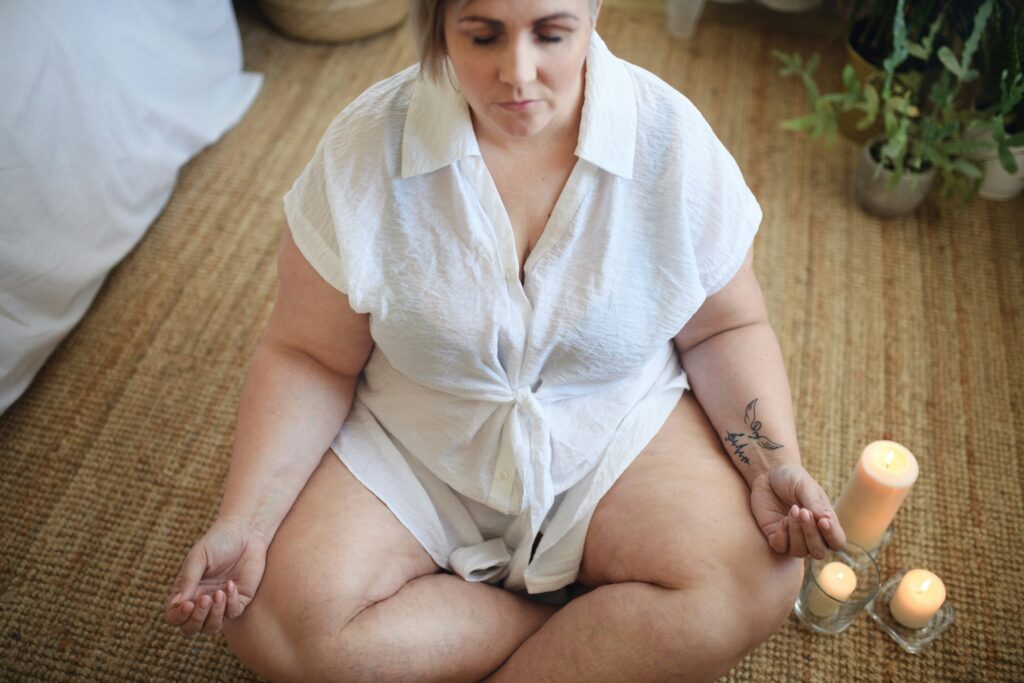
“Love your body” sounds nice, but it’s not always realistic, especially for people with complicated histories, trauma, or medical challenges. Sometimes love isn’t the goal. Sometimes it’s tolerance, or just not hating yourself today. The idea that everyone should feel beautiful or grateful all the time puts pressure on something that’s already tender. A bit of compassion, without the slogans, can go a lot further.
13. It can feel performative, not personal.
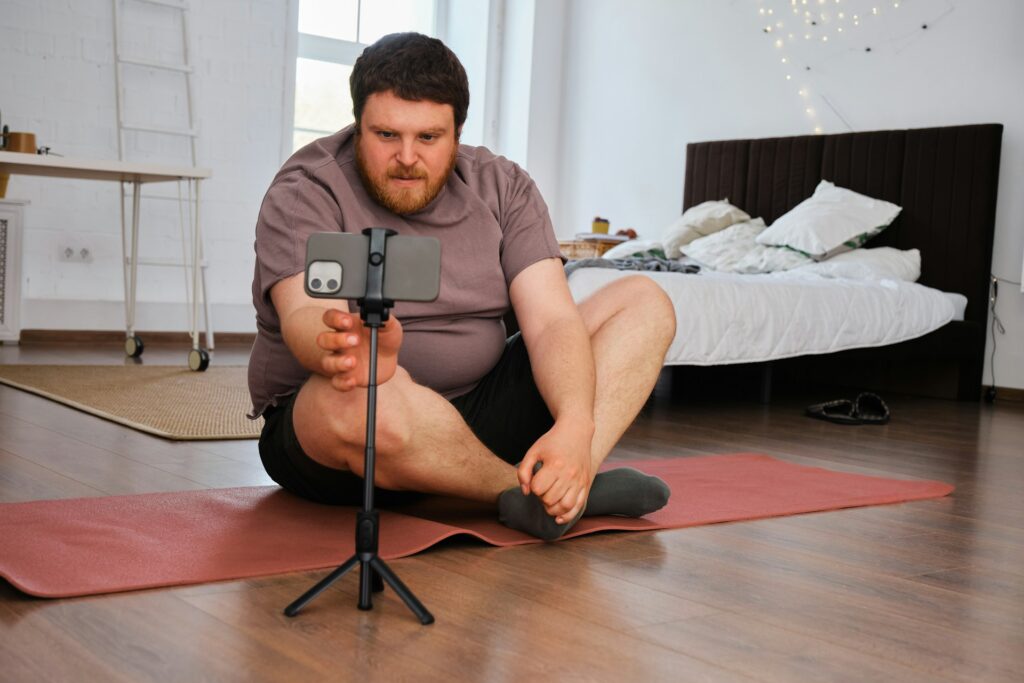
With so much content online, it’s easy to feel like body positivity has become more about getting likes than actually feeling better about yourself. It’s hard to know what’s real and what’s just curated for engagement. For someone genuinely struggling, that can make it feel even more isolating, like you’re supposed to post your progress in order for it to count. However, your relationship with your body should be yours, not content for someone else’s feed.
14. It rarely gives people permission to just opt out.
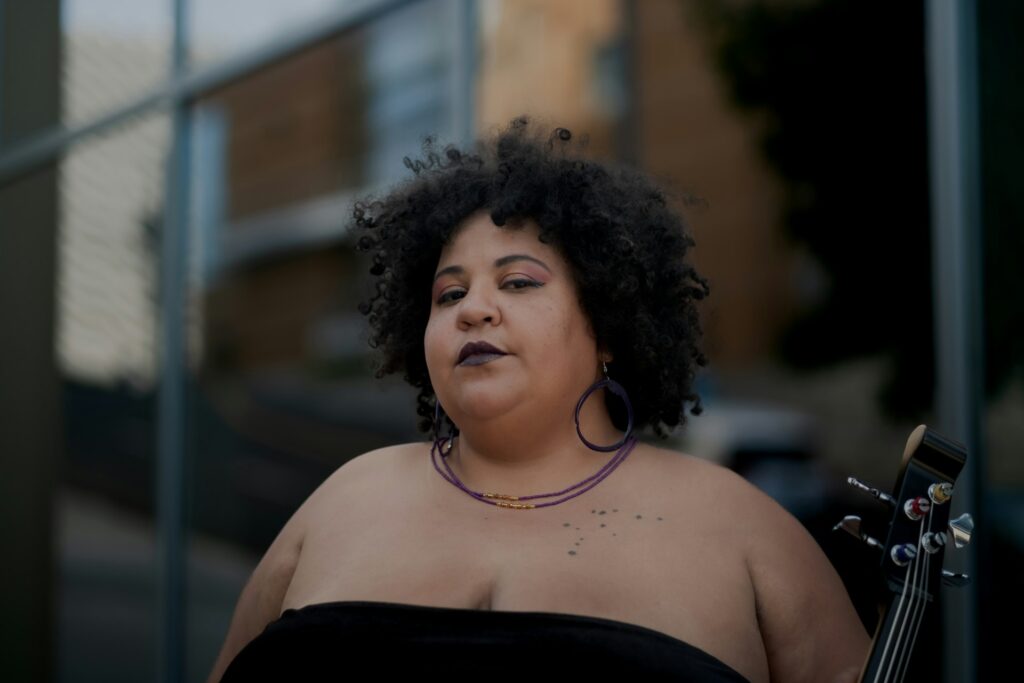
Sometimes, you don’t want to engage in any body talk—positive or negative. You just want to wear the jeans, eat the snack, do your job, and move on without analysing how you feel about your thighs that day. However, the body positivity space can make you feel like you’re avoiding growth if you don’t join in. The truth? Choosing not to focus on your body at all is just as valid. Not everything has to be a statement. Sometimes you just want to live.


